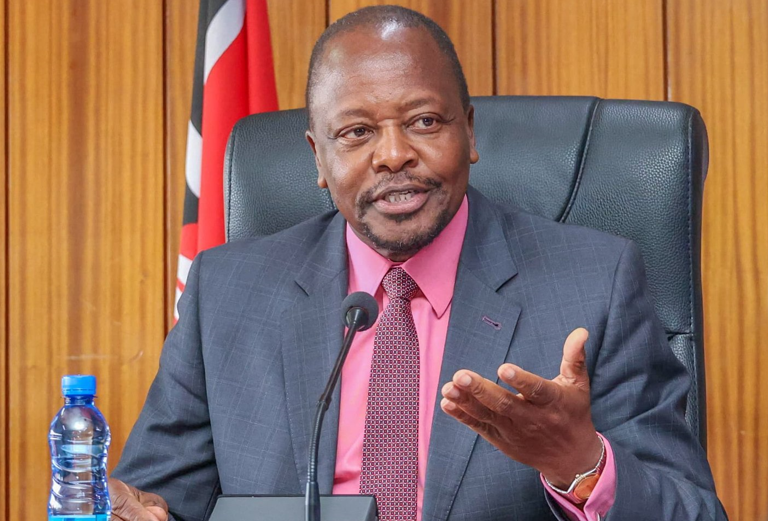Minet had previously delisted Reale, LifeCare, and Top Hill hospitals in Eldoret from the scheme, restricting teachers to only one hospital in the town. However, following a meeting with teachers in Eldoret, the insurer agreed to reduce the number of designated referral hospitals to 17. This move aims to allow teachers to seek treatment from a broader range of hospitals without being turned away
The government is on a collision course with teachers over medical insurance coverage, even as it moves to streamline key areas of concern, including claims that some facilities have been overcharging those seeking treatment. The Teachers Service Commission (TSC) and Minet have taken steps to prevent an imminent teachers’ strike, particularly in the North Rift, by reinstating some hospitals that had been removed from the panel of approved medical service providers.
Minet had previously delisted Reale, LifeCare, and Top Hill hospitals in Eldoret from the scheme, restricting teachers to only one hospital in the town. However, following a meeting with teachers in Eldoret, the insurer agreed to reduce the number of designated referral hospitals to 17. This move aims to allow teachers to seek treatment from a broader range of hospitals without being turned away.
Despite these facilities being designated as referral hospitals, teachers can still access primary care treatment without needing a referral. The 17 hospitals fall under Levels 4, 5, and 6.
“Encouragingly, although these 17 facilities have been converted into referral hospitals, members still have access to care at primary facilities. The referral process has only been streamlined to ensure that specialised reviews, tests, procedures, or medications are promptly referred to the appropriate hospitals,” a statement from the Teachers Medical Scheme Consortium explained. The Consortium, led by Minet, includes Bliss, Maki, Old Mutual, Britam, Pioneer Insurance, and CIC Group, among others.
To placate frustrated teachers, the government has warned facilities found guilty of overcharging or inflating hospital bills that they will be removed from the panel. Additionally, hospitals have been barred from admitting teachers or providing services without preauthorization to curb cases where institutions invoice teachers for services not rendered.
Facilities have also been instructed to ensure that final bills include drug costs and other charges, preventing the previous practice of billing medication separately.
On Tuesday, the Kenya National Union of Teachers (KNUT) and the Kenya Union of Post-Primary Education Teachers (KUPPET) threatened to mobilise a go-slow after an alleged healthcare crisis left thousands of teachers unable to receive medical attention at their preferred facilities.
Union leaders claim that teachers have been denied treatment due to a reduction in the number of accessible healthcare facilities. They argue that teachers are now limited to hospitals that lack adequate equipment and do not meet the standards of Level 4 and Level 5 facilities, potentially compromising their quality of care.
On Monday, hundreds of teachers, led by KNUT and KUPPET representatives, marched to Minet’s North Rift offices in Eldoret, demanding an immediate resolution to the healthcare disruption, which has disproportionately affected those with chronic conditions.





